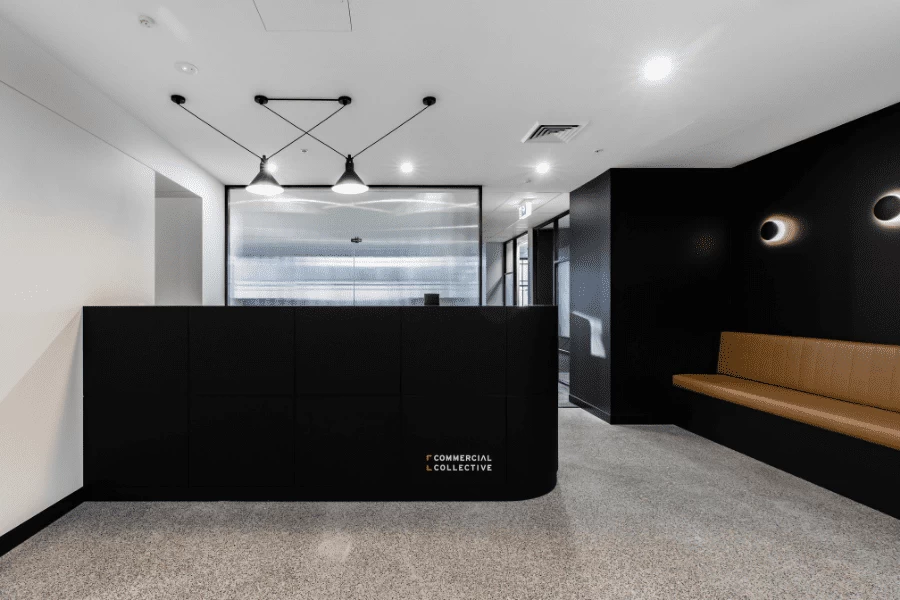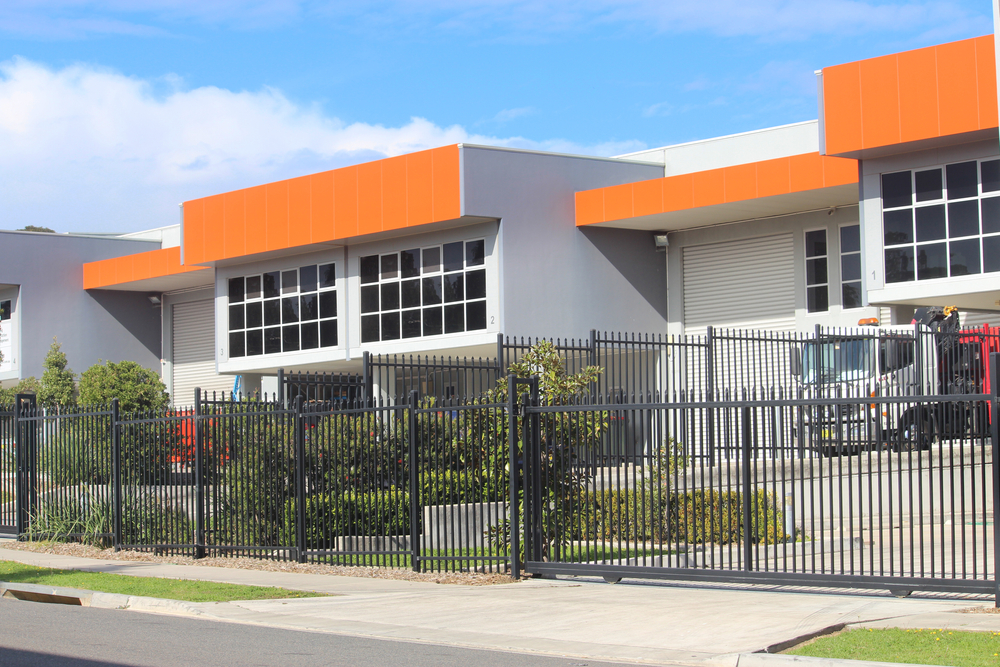MenuClose
The local commercial and industrial property market has been pretty interesting lately, with a mix of challenges and opportunities emerging.
In our latest guest post, commercial and industrial real estate specialists Commercial Collective share their insights on the current key trends in Newcastle and the Hunter and what they mean for everyone involved.
We’ve also included an afterword with some advice on what you should be considering from a financial perspective, for buyers, sellers and owners.

Commercial and industrial property market update - Commercial Collective
The commercial property market in Newcastle and the Hunter Region has seen its share of challenges over the past few years.
We’ve seen the industrial property sector showing clear growth and uplift from the conditions while commercial property sectors slowed.
Recent economic conditions of high inflation and continued high interest rates have also impacted the local property market, particularly where investors and SMEs are concerned.
This has led to properties coming onto the market due to the profit making industrial market, an inability to hold them at such high rates and, subsequently, an influx of investors who are market-ready to purchase opportunities like these.
Let’s take a look at each sector in more detail.
The Newcastle office market has somewhat bucked the national trend over the past few years, not seeing the same high level of vacancies as our nearby capital, Sydney.
This has had a flow-on effect, with developers continuing to progress projects in the market and now having several new office buildings completed or near completion.
While there’s been no slowing in demand for office buildings in the region, the increased stock availability has led to an increase in vacancy rates. These vacancies are largely in the C-grade and even some B-grade offices which are often in need of refurbishment as their tenants seek out the A-grade properties coming to market.
The key factor playing a part in the attraction of these lower-grade properties is the amenities available, such as parking, the asset’s quality and location in relation to key commercial hubs in the area like Charlestown, Maitland and Newcastle CBD.

This key area of the commercial market suffered dramatically over the past few years, continuing to be driven by the aftermath of lockdowns and the inability of many businesses to recover from those previous hard times.
More recently, despite the drive for more online purchases, we’ve seen an increased demand in the market for retail space and, similarly, for café spaces. These key areas are driven by consumer demand, which has not seen a major slowdown despite current inflation and interest rate levels.
The Australian Bureau of Statistics reports a relatively steady market in the café, restaurant and takeaway food services sector, falling just 0.2 per cent in July. This is despite overall market conditions of high interest rates and inflation.
Industrial property continues to remain buoyant in the Newcastle and Hunter Region. This is driven largely by a tightening in the availability of industrial land that’s able to be developed under industrial zoning.
The result has been an increase in rental rates over the past year off the back of high demand and low vacancies. We’re now seeing the average industrial rental rate for a building area of between 800-2000 square metres, sitting at $140-$160 per square metre per annum. Prime locations are achieving rental rates of $160-$200 per square metre per annum.
Demand for industrial property is likely to remain consistent off the back of demand driven by the following sectors:
Industrial small-format spaces are an attractive entry point for investors also looking to enter this market. Demand for these from tenants is coming off the back of small retail outlets moving to online formats and an increase in apartments locally leading to a need for additional storage for residents.

Newcastle and the Hunter Region remain a strong investment opportunity for those in the commercial property market. Future projections for the market remain strong and consistent, with planned government and private infrastructure development only looking to facilitate this.
For more information on the commercial and industrial property market opportunities in Newcastle and the Hunter Region, speak to the team at Commercial Collective today.
Commercial Collective is the market leader in commercial and industrial real estate within the Newcastle and Greater Hunter region. Their unwavering commitment is to empower their clients by helping them unlock value in their lives and businesses through property.
(02) 4077 5858 | www.commercialcollective.com.au

Advice for buyers, sellers and owners
Now you know the key insights on the current market, here are some financial aspects to consider for your next move, whatever your current situation.
For buyers
If you’re in the market for acquiring commercial or industrial property, it’s important that you consider effective structuring before purchasing. This includes:
If you’re considering acquiring a property, also consider the rate of return on the investment:
For sellers
If you’re considering selling a property, consider likely capital gains, tax implications or capital losses.
For owners
If you own a property, continually review rates of return and strategies for future optimisation.